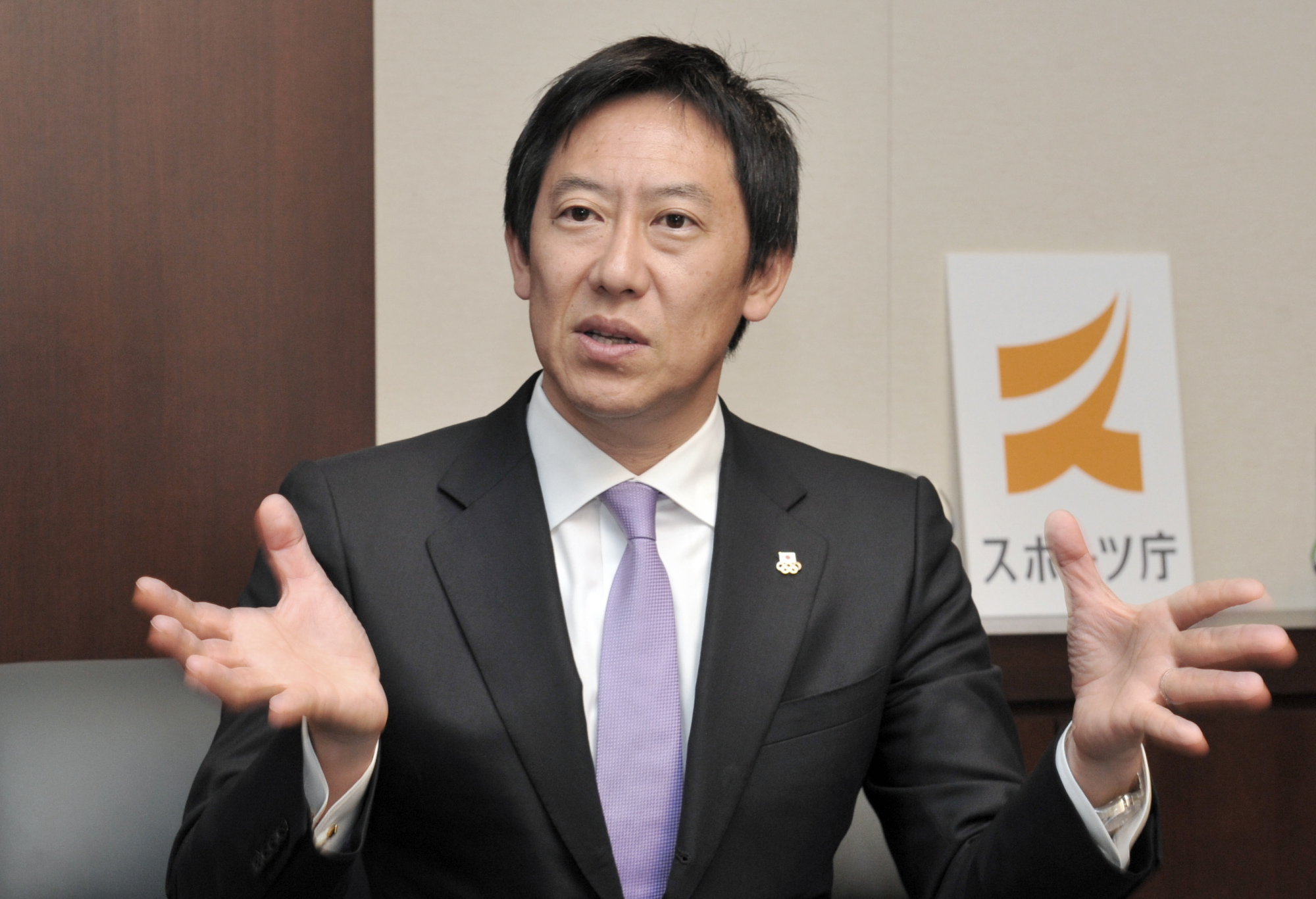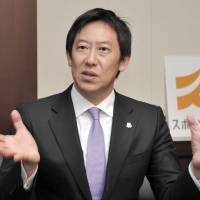Sports Agency Japan will attempt to dig up hidden talent for the 2020 Tokyo Olympics/Paralympics and beyond through a new national program called "Japan Rising Star Project," it announced Tuesday.
The project is part of the agency's athlete development and support plans that it hammered out last fall, dubbed "the Suzuki Plan" after its commissioner, Daichi Suzuki.
The Japan Sports Association, which oversees the country's sports governing bodies, has been entrusted by the Japan Sports Council to operate the project, cooperating with the Japan Olympic Committee, Japanese Para-Sports Association and Japanese Paralympic Committee.
Japan set new medal-count records at both the last two Summer Olympics. But sporting chiefs are concerned that the most of those medals were won in particular sports, such as swimming, wrestling and judo, and would like to develop globally competitive athletes in other sports as well.
Seven Olympic sports and five Paralympic sports that do not require participants to take them up from extremely young ages have been selected for the project.
For Olympic sports, diving, rowing, weightlifting, handball, rugby sevens (women), cycling and softball have been chosen. For Paralympic sports, boccia, swimming, powerlifting, wheelchair fencing and cycling have been selected.
Junior high and high school students will be the focus for Olympics sports, while anyone from junior high school students to people up to the age of 39 will be able to apply for the Paralympic sports program.
"We think that this is a very important project," Suzuki said at a news conference in Tokyo. "This project is intended to find talent for the 2020 Olympics and beyond."
By the end of May, the program will choose nine and five sites across the nation for the Olympics and Paralympics, respectively, to host physical tests. It will then conduct those tests between July and September.
Those who qualify will advance to the next round, which will be conducted in training camps held over a one-year period starting from November. The participants, the number of whom will be narrowed down to around 40 for Olympic sports and 30 for Paralympic sports, will be put through global-standard training, potentially from world-class coaches.
One to three people will be selected for each sport, and they will be added to developmental programs run by each sport's governing body.
Suzuki, the swimming gold medalist in the men's 100-meter backstroke at the 1988 Seoul Olympics, who became the agency's inaugural head in 2015, said some governing bodies and organizations had run similar talent-mining programs before, but that now with the formation of the agency, it is "important to do it all together," with the support from the national sporting federations.
When he outlined the project last year, Suzuki said he would welcome players from high school baseball — a sport considered to have a deep talent pool — to switch sports.
On Tuesday, Suzuki again referred to Japanese high school baseball as "a treasure trove."
Japan Sports Association executive managing director Masafumi Izumi said that the project would be held until the 2020 Olympics, with the content revised every year.


















With your current subscription plan you can comment on stories. However, before writing your first comment, please create a display name in the Profile section of your subscriber account page.